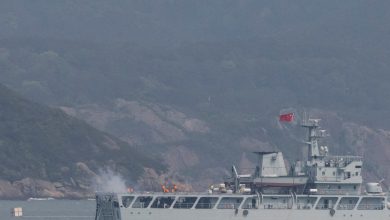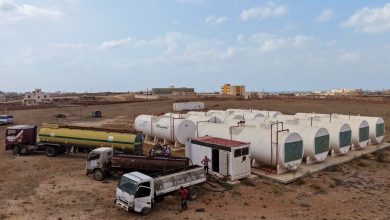Algeria is moving towards enhancing its agricultural productivity and ensuring food security through precision agriculture, which relies on artificial intelligence (AI). Global studies suggest that AI-based agriculture could reduce water consumption by 30% and increase crop yields by 25%, making it a key focus for Algeria as it explores promising opportunities in this field.
Precision agriculture involves gathering detailed data on crops, soil, weather, and environmental conditions, then utilizing AI to analyze this data to make automated or human-assisted decisions. Agricultural economist and AI expert Brahim Lekfel, who trains agricultural engineers, highlighted Algeria’s successful experiments in AI-powered precision horticulture. These initiatives have multiplied vegetable yields by 4 to 5 times, showcasing the significant potential for broader application.
One of AI’s critical roles in agriculture is predicting plant diseases. With specific data like humidity and temperature, AI can anticipate the likelihood of disease outbreaks, allowing farmers to take preventive measures early.
Smart irrigation is another AI application gaining traction. Lekfel noted that smart irrigation systems can monitor soil temperature and notify farmers via mobile apps when to water crops, no matter where they are in the world. This system enhances efficiency and minimizes resource use.
Encouraging Innovations
Several promising projects are underway in Algeria’s precision agriculture landscape. Researchers Nasser Bouziani and Mourad Bouzit are developing the “Sakai” project, featuring solar-powered, autonomous robots for deep-root irrigation and fertilization. These robots use minimal water and fertilizer, delivering resources directly to each plant as needed, thanks to their AI-based monitoring systems. The robots’ precise sensors can detect soil moisture and plant health, providing farmers with real-time data on crop conditions.
Bouziani noted that Sakai has attracted interest from NASA and Chinese research centers, who have expressed interest in contributing to the project’s development. According to the researchers, adopting Sakai over traditional irrigation methods could reduce premature tree mortality from 45% to 15%, while also being environmentally friendly and water-efficient. A single robot can irrigate and fertilize up to 120 hectares, depending on tree density and water source proximity.
Precision agriculture extends beyond irrigation and plant disease prevention to encompass complete agricultural systems. One notable project is the upcoming modern farms of the “Souakri” group in partnership with a Turkish company. The venture will implement an AI-powered automation system to control every stage of cherry tomato production, aimed at boosting yield and ensuring high-quality exports.
Another promising endeavor is Farm AI, an Algerian startup that was ranked the second-best startup in the 2023 Tech 4 Good competition in China. The company specializes in using drones to detect plant diseases, and its leader, Ahlem Bourzak, has called for reducing obstacles to applying this technology.
Consultant Salim Beja emphasized that innovators need more flexible regulations and clear data from economic institutions. He also pointed out the necessity of establishing investment banks that can handle the financial risks associated with high-stakes innovations, as traditional banks are often unwilling to take on such ventures.
For further details, visit dzwatch.dz.
Author: Nor-Eleslam.




